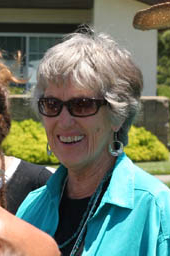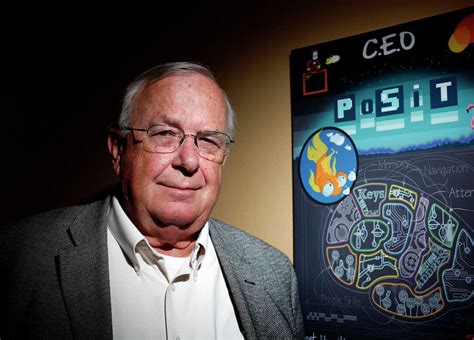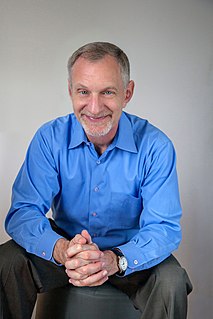A Quote by Sidney Poitier
Child psychologists have demonstrated that our minds are actually constructed by these thousands of tiny interactions during the first few years of life. We aren't just what we're taught. It's what we experience during those early years - a smile here, a jarring sound there - that creates the pathways and connections of the brain. We put our kids to fifteen years of quick-cut advertising, passive television watching, and sadistic video games, and we expect to see emerge a new generation of calm, compassionate, and engaged human beings?
Quote Topics
Actually
Advertising
Beings
Brain
Calm
Child
Compassionate
Connections
Constructed
Creates
Cut
Early
Early Years
Emerge
Engaged
Expect
Experience
Few
Fifteen
Fifteen Years
First
Games
Generation
Human
Human Being
Human Beings
Interactions
Just
Kids
Life
Minds
New
New Generation
Our
Passive
Pathways
Psychologists
Put
Quick
Sadistic
See
Smile
Sound
Taught
Television
Television Watching
Those
Thousands
Tiny
Video
Video Game
Video Games
Watching
Years
Years Of Life
Related Quotes
I think every human being, born from mother, and at least the next few years, you see, received immense affection from our mother. So the child's first experience in this lifetime at the beginning, I think that immense affection from other is in our blood. So therefore, the whole rest of life, other people show you smile, genuine sort of closeness feeling. You feel happy. Even animals also like that.
Twenty or thirty years ago, in the army, we had a lot of obscure adventures, and years later we tell them at parties, and suddenly we realize that those two very difficult years of our lives have become lumped together into a few episodes that have lodged in our memory in a standardized form, and are always told in a standardized way, in the same words. But in fact that lump of memories has nothing whatsoever to do with our experience of those two years in the army and what it has made of us.
Out of this darkness a new world can arise, not to be constructed by our minds so much as to emerge from our dreams. Even though we cannot see clearly how it's going to turn out, we are still called to let the future into our imagination. We will never be able to build what we have not first cherished in our hearts.
The brain is really hard to see. The whole thing is very large - the human brain is several pounds in weight - but the connections between brain cells, known as synapses, are really tiny. They're nanoscale in dimension. So if you want to see how the cells of the brain are connected in networks, you have to see those connections, those synapses.
The Internet is just one of those things that contemporary humans can spend millions of "practice" events at, that the average human a thousand years ago had absolutely no exposure to. Our brains are massively remodeled by this exposure--but so, too, by reading, by television, by video games, by modern electronics, by contemporary music, by contemporary "tools," etc.
I remember as a ranger the first time I stood alone on Inspiration Point over at Canyon Station looking out over this beautiful land. I thought to myself how lucky I was that my parents' and grandparents' generation had the vision and the determination to save it for us. Now it is our turn to make our own gift outright to those who will come after us, 15 years, 40 years, 100 years from now. I want to be as faithful to my grandchildren's generation as Old Faithful has been to ours. What better way can we add a new dimension to our third century of freedom?
Television is much more complex, brain-challenging and involved than it used to be. It's almost impossible to watch a television show from 15 years ago; it's just too boring. I think modern television shows, with their intricate plots, are stimulating our minds. This is one reason IQs have been going up.
Our life is made up of time; our days are measured in hours, our pay measured by those hours, our knowledge is measured by years. We grab a few quick minutes in our busy day to have a coffee break. We rush back to our desks, we watch the clock, we live by appointments. And yet your time eventually runs out and you wonder in your heart of hearts if those seconds, minutes, hours, days, weeks, months, years and decades were being spent the best way they possibly could. In other words, if you could change anything, would you?




































